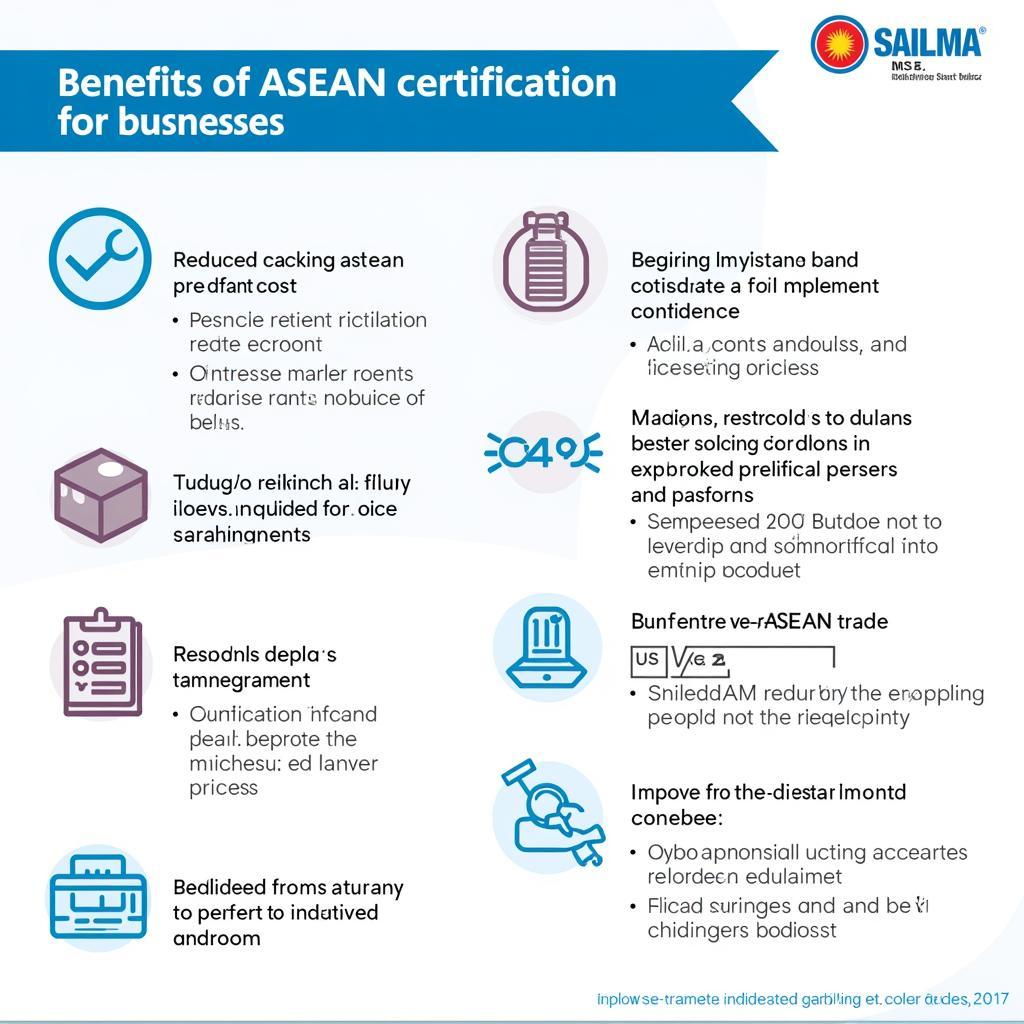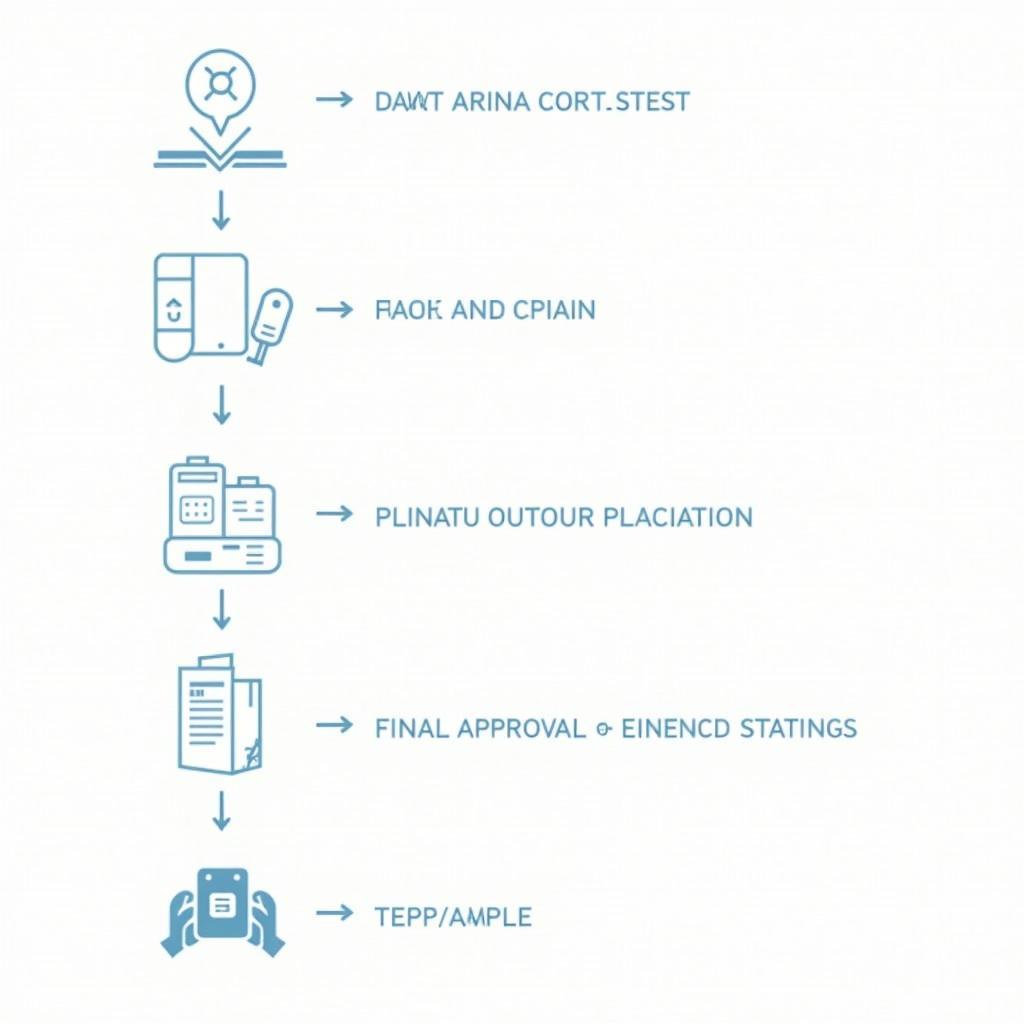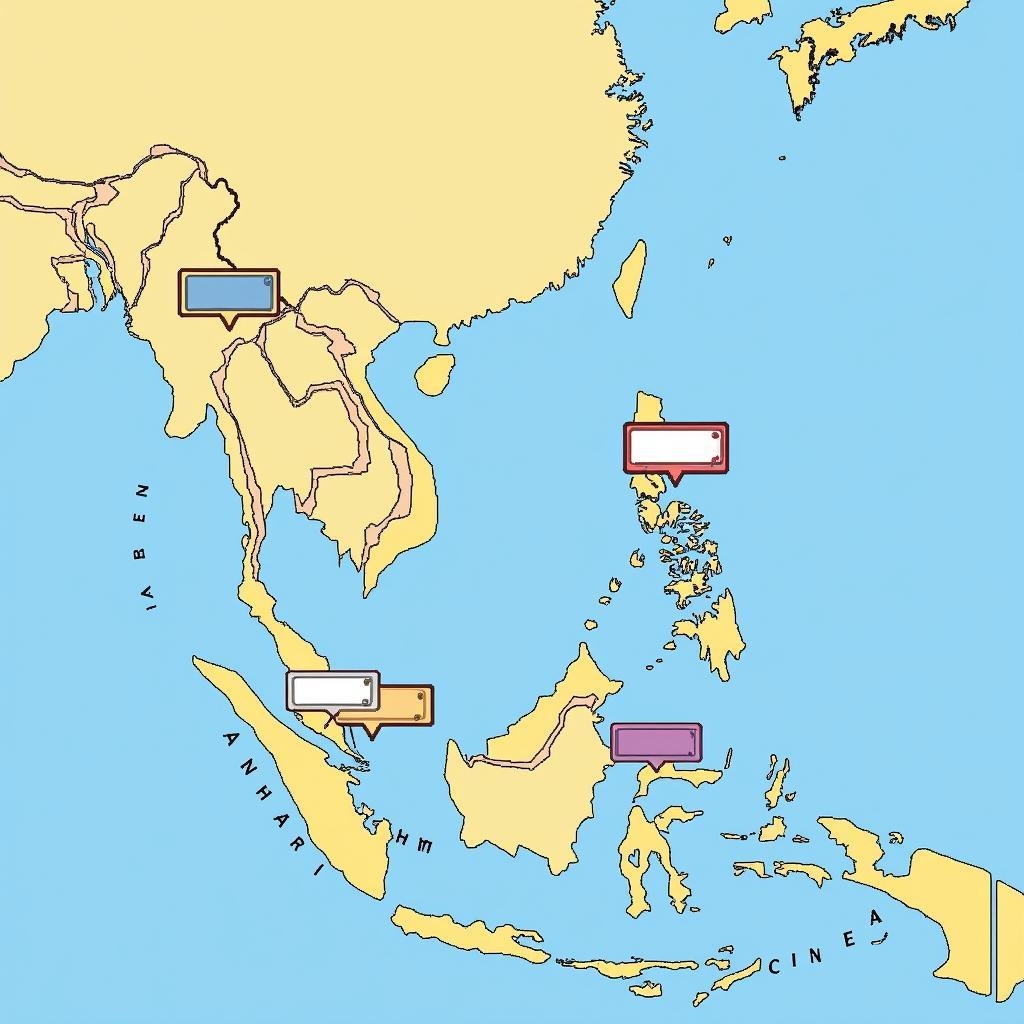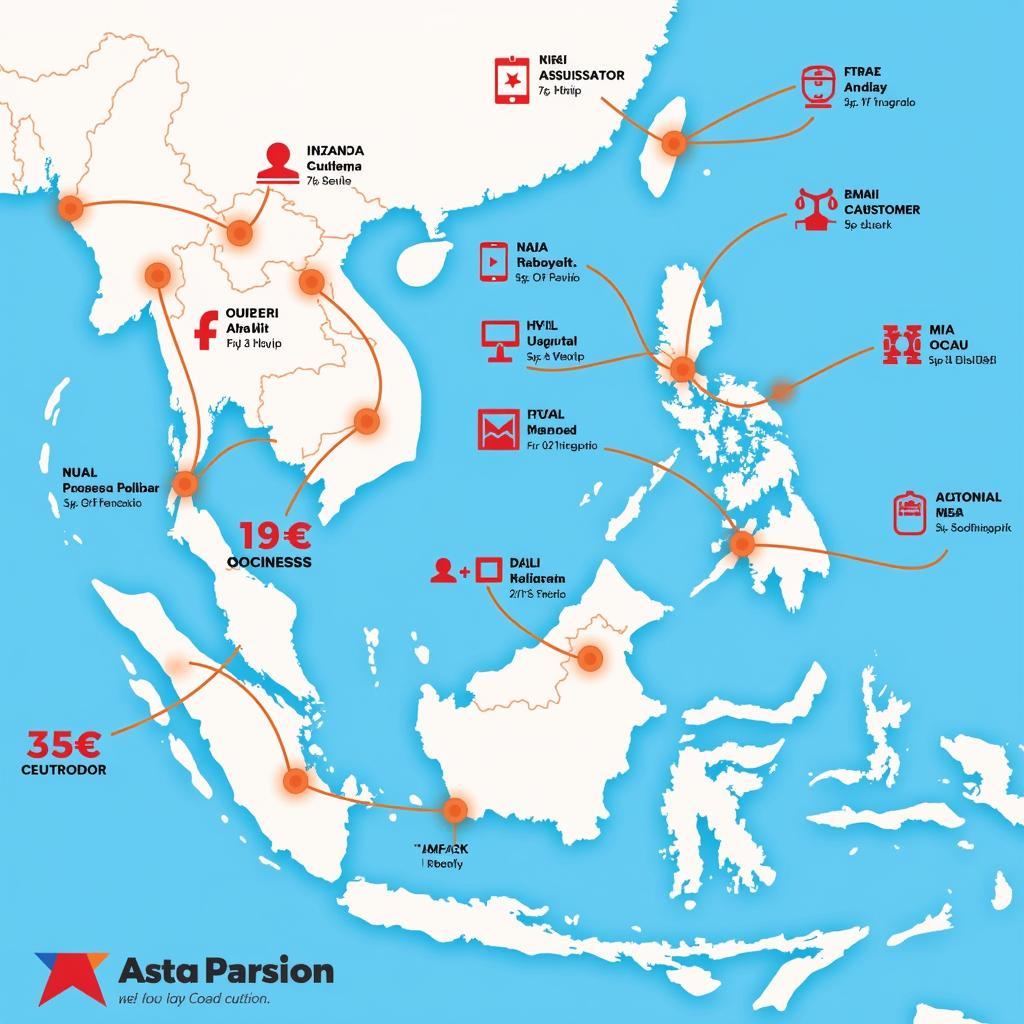ASEAN certification plays a crucial role in facilitating trade and promoting regional economic integration within the ASEAN Economic Community (AEC). It simplifies processes, reduces technical barriers to trade, and enhances the competitiveness of ASEAN products and services in the global market.
What is ASEAN Certification?
ASEAN certification refers to a range of mutual recognition arrangements (MRAs) and other conformity assessment procedures established by ASEAN member states to harmonize standards and technical regulations across the region. These agreements aim to streamline the process of demonstrating compliance with required standards, thus easing trade among member countries and fostering greater economic cooperation. Several sectors benefit from these agreements, such as electronics, automotive, pharmaceuticals, and food products. By having a unified certification process, businesses can avoid redundant testing and inspection procedures when exporting goods within ASEAN, saving time and resources. This ultimately contributes to a more efficient and integrated regional market.
Benefits of ASEAN Certification for Businesses
ASEAN certification offers significant advantages for businesses operating within the region. Firstly, it reduces the cost and time associated with exporting goods by eliminating the need for multiple certifications in different countries. This allows businesses to penetrate new markets more easily and expand their reach within ASEAN. Secondly, ASEAN certification enhances product credibility and consumer confidence. Products bearing the ASEAN mark are recognized as meeting a common set of quality and safety standards, giving them a competitive edge in both regional and international markets. Finally, it fosters a more predictable and transparent regulatory environment, making it easier for businesses to navigate the complexities of cross-border trade.
 Benefits of ASEAN Certification
Benefits of ASEAN Certification
Types of ASEAN Certification Schemes
There are several types of ASEAN certification schemes in place, each catering to different sectors and products. Some common examples include the ASEAN Automotive Mutual Recognition Arrangement (AAMRA), the ASEAN Pharmaceutical Mutual Recognition Scheme (APMRS), and the ASEAN Food Safety Network (AFSN). Each scheme has its own specific requirements and procedures, but all are designed to promote harmonization and facilitate trade within ASEAN. Understanding the different schemes and their respective scopes is crucial for businesses seeking to leverage ASEAN certification.
ASEAN Automotive Mutual Recognition Arrangement (AAMRA)
The AAMRA is a prime example of how ASEAN certification works in practice. It allows automotive manufacturers to obtain type approval for their vehicles in one ASEAN member state and have it recognized in others, significantly streamlining the vehicle registration process across the region.
ASEAN Pharmaceutical Mutual Recognition Scheme (APMRS)
The APMRS aims to harmonize pharmaceutical product registration requirements within ASEAN. This allows pharmaceutical companies to register their products more efficiently and cost-effectively, improving access to medicines for consumers across the region.
How to Obtain ASEAN Certification
The process for obtaining ASEAN certification varies depending on the specific scheme and product. Generally, it involves applying to the designated national certification body in the respective ASEAN member state. The application process typically requires submitting technical documentation, undergoing conformity assessment procedures, and complying with relevant standards and regulations. Businesses should carefully review the requirements for the specific certification scheme they are pursuing.
 ASEAN Certification Process
ASEAN Certification Process
Conclusion
ASEAN certification is a key driver of economic integration and trade facilitation within the ASEAN region. It offers numerous benefits for businesses, including reduced costs, increased market access, and enhanced product credibility. By understanding the different ASEAN certification schemes and the process for obtaining certification, businesses can leverage these opportunities to expand their operations and thrive in the dynamic ASEAN market. For more information on how ASEAN certification can benefit your business, don’t hesitate to contact us.
FAQ
- What is the main purpose of ASEAN certification? To facilitate trade and promote economic integration within the ASEAN region.
- How can ASEAN certification benefit my business? It can reduce costs, improve market access, and enhance product credibility.
- What are some examples of ASEAN certification schemes? AAMRA, APMRS, and AFSN.
- How do I apply for ASEAN certification? Apply to the designated national certification body in the relevant ASEAN member state.
- Where can I find more information about specific ASEAN certification schemes? You can contact us for more information.
- What sectors are covered by ASEAN certification? Various sectors including automotive, pharmaceuticals, and food products.
- Is ASEAN certification mandatory for exporting within ASEAN? While not always mandatory, it provides significant advantages.
Other Related Questions
- What are the future prospects for ASEAN certification?
- How does ASEAN certification impact consumer confidence?
- What are the challenges and opportunities related to ASEAN certification?
Find more information on our website about:
- ASEAN Economic Community (AEC)
- ASEAN Free Trade Area (AFTA)
- Standards and Conformity Assessment in ASEAN
Need support? Contact us 24/7: Phone Number: 0369020373, Email: [email protected] Or visit us at: Ngoc Lien Village, Hiep Hoa, Bac Giang, Vietnam.


